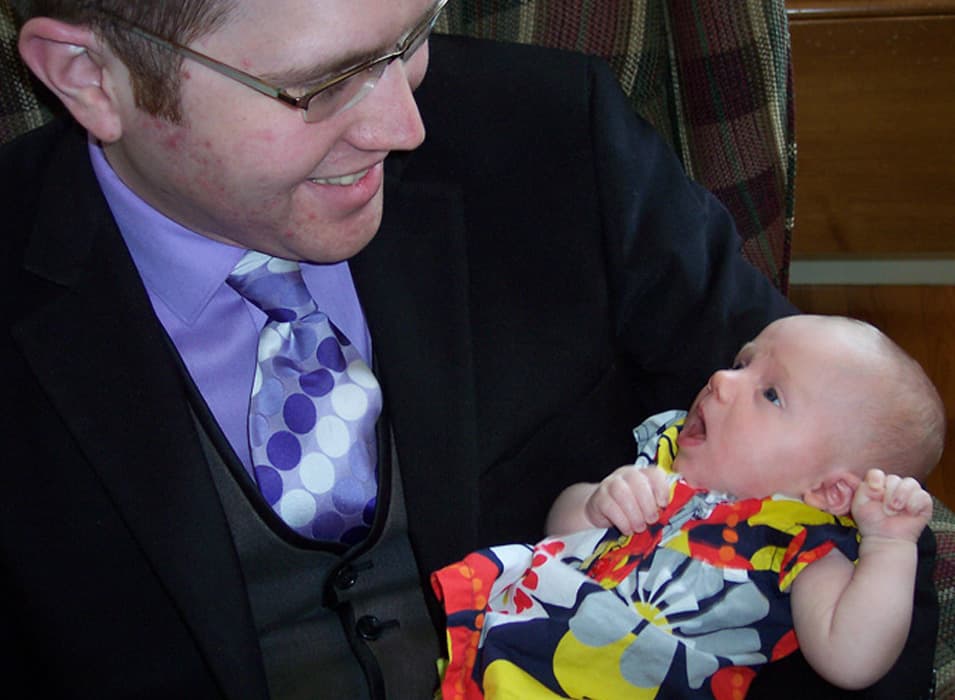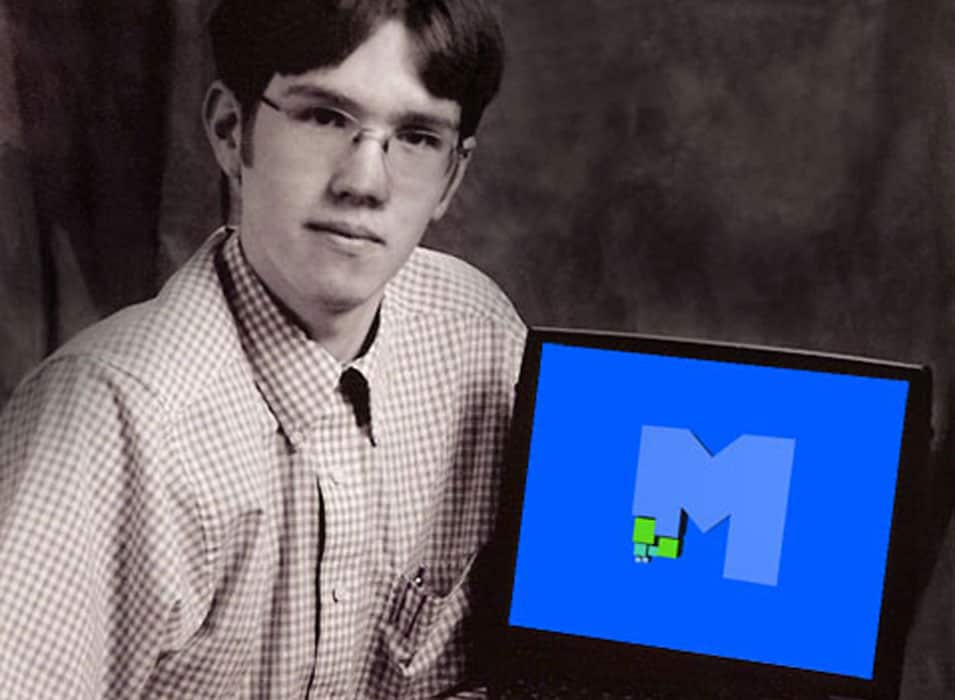Substance abuse in America is a major issue, whether it be related to the opioid crisis, or cigarettes, or even alcohol abuse. There are 20.6 million people in the United States with an addiction, and most of them are not able to find a way to overcome it. One thing is in common with all of the different types of substance abuse - people introduce chemicals and compounds into their bodies that are contrary to their health, which sometimes results in death - either directly because of the substance abuse, or because of the mind's lack of control over a vehicle or common sense. But substance abuse shouldn't be viewed as a crime - it's a disease that needs to be treated, and in order to treat substance abuse, we need Universal Healthcare, because often times the substance abusers are living on Social Security or are homeless, and as a result don't have the money to pay for the healthcare services that they need.
Substance abusers can be high school dropouts, or college graduates - there's really no defined class of who abuses drugs and other harmful substances. Alcohol is legal to purchase and consume in the United States, however it is still illegal to drive under the influence, just as it's illegal to drive under the influence of many other harmful substances including opioids and methamphetamines. Addiction is a health condition that needs to be treated properly by professionals. We can't just lock up everyone who abuses substances, because they will just do it again when they get out of jail if they don't receive proper medical care, and in most cases jail doesn't correct the behavior.
 Cigarettes
Cigarettes
Smoking cigarettes is just a form of slowly killing yourself. Patrick R. McElhiney has smoked cigarettes in the past, and he has quit and restarted multiple times. It's very difficult to quit, and he had a lot of success using nicotine patches and using smoking cessation medications such as Chantix. Patrick notes that he was successful in quitting only when he sought out help from his Primary Care Physician, who prescribed medications and nicotine patches that were covered under Patrick's Medicaid. There's no reason any person should have to smoke, but unfortunately some people like smoking and never stop. Patrick has lost several family members to different forms of cancer directly due to their lifetime of smoking. However, Patrick also has a grandmother that smoked for decades and had emphysema, and quit successfully and has not developed cancer since quitting over 10 years ago. It's a miracle how the body can repair its self, but the sooner you quit, the sooner your risk for cancer will start to drop. Also, smoking can cost over $2,000 a year if you smoke a pack a day - imagine what else you could spend that amount of money on! You could take a vacation!
 Alcohol Abuse
Alcohol Abuse
Drinking alcohol, especially hard liquor, can be extremely damaging to your body, and can lead to liver disease among other health problems such as obesity. Patrick used to drink a lot of alcohol before, and he thinks that it really contributed to his mental health problems such as depression. It's relatively easy to quit drinking alcohol, but alcohol can be addictive, especially if there is a history of alcoholism in your family. Not drinking when you are an alcoholic can give you a sense of high amounts of anxiety, and you just can't stop thinking about drinking more alcohol. Binge drinking is another type of alcoholism where you consume excessive amounts of alcohol that incapacitate you. Patrick rarely did this when he was in his early 20's when he first started drinking and thought it was "cool", but really drinking is just a waste of time and money. If you have alcohol abuse problems, you need professional help if you're unable to stop drinking on your own. One of the signs of alcoholism is the denial that you have a drinking problem, while you drink often and sometimes excessively. Get the help you need to quit drinking so you can start feeling better.
 Opioid Abuse
Opioid Abuse
Patrick R. McElhiney has had a lot of experience with opioids, always as a prescription from his doctors over the years, due to his extremely painful chronic migraines - but he still knows a lot about opioid abuse from his experiences. He used to be prescribed very addictive pain medications, like Oxycontin and Vicodin, but now he is taking long-acting non-addictive pain medications that don't have the same types of abuse problems that the shorter-acting medications cause. When Patrick was taking the short-acting medications, over 10 years ago, he would find himself taking a dose earlier, because the medication wore off too soon. He didn't do it to get high - it was because of his pain, and he attributes his success in school and work since the year 2015 due to finding the right pain medication. Patrick takes a medication that is similar to the same class as Methadone, and it is not as strong as other medications he has taken in the past, that can cause rebound headaches and other health problems such as constipation. If you have chronic pain, you need to get the right doctor to find the right medication to take, or you need to get help to stop taking addictive opioid medications, because they will ruin your life.
The second part of Opioid Abuse, Patrick has no experience with, as he's never taken street drugs, but it is a much bigger problem in America. When you take opioids that aren't prescribed to you from your doctor, there's no way to know for sure what you're getting, and there's no one to monitor the dosage of what you are taking, to ensure you don't overdose - not only because there's no monitoring, but also because you can't be sure what strength of drugs you're getting when you purchase them from the street. For an example, you wouldn't know until you're dying that you've taken Fentanyl, which is very deadly at very small doses. People that commonly use heroin on the street are targets for the Fentanyl trade, and it will take your life eventually if you don't get help now and stop using street drugs. Doctors can prescribe non-addictive pain medications that will help to wein you off of whatever you are taking, which will help your body to get back to its normal state without the harmful effects of opioids. Don't put off seeking out a doctor - you won't be arrested for seeking help from a doctor, but if you are arrested for taking street drugs, it may just save your life!
 Marijuana Abuse
Marijuana Abuse
Patrick supports the Department of Justice policy that states that Marijuana is a controlled substance, and even though states have allowed recreational and/or medical uses of the drug, Patrick doesn't believe in the movement - because Marijuana can still be harmful to your body and mind. For an example, young marijuana users are victims of Schizophrenia and other mental health disorders, not only because they don't trust law enforcement because they are breaking the law, but also because the drugs change the way the mind works, and the damages can be life-long. Also, using Marijuana can lead to lower productivity rates, and impaired judgement when operating a vehicle or machinery. If you need help regarding your addiction to Marijuana, you should seek out a doctor that can help you with your problem. Marijuana is still illegal under Federal Law, and unless the laws are changed, Patrick will not be supporting any legislation to change the laws regarding the legalization of Marijuana. However, Patrick does recognize in other articles on this website that there needs to be Criminal Justice reform, to stop filling our prisons with Marijuana users. The reform that is needed should be to require that users who are arrested are put on a conditional release and must meet with a parole officer, but should not have to serve time for Marijuana use or small amounts in their possession at the time of a search or arrest. The laws that are on the books now have ruined people's lives, and you shouldn't ruin yours just because you want to get high. Recreational use of street drugs is unacceptable to Patrick R. McElhiney.
Substance Abuse Resources




